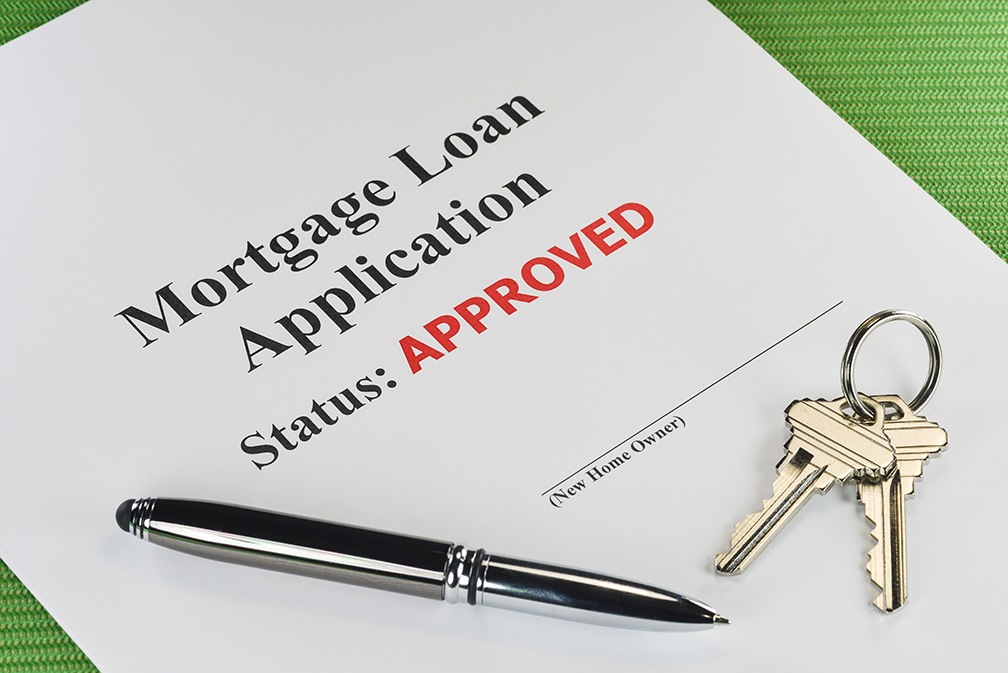Get Your Finances In Order With A Few Simple Steps
 If you are looking to buy a home one day but don’t think you are ready just yet, you are not alone. One of the most important tasks that you have to complete involves getting your finances in order.
If you are looking to buy a home one day but don’t think you are ready just yet, you are not alone. One of the most important tasks that you have to complete involves getting your finances in order.
There are a few ways to get your finances in order before you buy, no matter how long you have been waiting to buy a home. Getting your finances in order with these simple steps can help you become a more competitive applicant both for a mortgage and a home that is on the market.
Focus On Your Credit Score
While it is true that your credit doesn’t have to be perfect in order to get a home, a strong credit score will increase your chances of getting approved. In addition, a great credit score can also help you get a lower interest rate on your mortgage.
Some of the ways that you can improve your credit score include disputing errors that might be on your report, reducing your debt, producing a long track record of on-time payments, and avoiding late payments. All of this will help you get ready to apply for a mortgage.
Open A Bank Account For Homeownership
The cost of a home is far more than a down payment and mortgage bills. The reality is that owning a home comes with a variety of expenses for which you must be prepared. Therefore, it is a prudent idea to open a bank account that is solely for homeownership expenses. This account should contain a variety of funds including those for utilities, maintenance, landscaping costs, and even renovation expenses. This will help you visualize the amount of money that you have set aside.
Calculate The Budget
Finally, it is also smart to calculate a budget for the home. Some of the factors that are going to play a role in the sticker price of a home include the down payment, closing costs, and potential taxes. For help with this calculation, it is a smart idea to meet with a trained mortgage professional.
Prepare To Buy A Home
These are a few of the steps that you should follow to get your finances in order. These steps will make you a more competitive applicant for a mortgage.
 There are multiple types of loans out there and one of the easiest to get is called a hard money loan. On the other hand, it is also important for people to avoid being lured in by an attractive loan offer because it might be expensive. When it comes to a hard money loan, there are a few important points that people should note. These can be an essential tool for investors.
There are multiple types of loans out there and one of the easiest to get is called a hard money loan. On the other hand, it is also important for people to avoid being lured in by an attractive loan offer because it might be expensive. When it comes to a hard money loan, there are a few important points that people should note. These can be an essential tool for investors. There are many people who set buying a home as one of their major life goals. There is a lot that comes with owning a home including a major investment opportunity, a sense of stability, and a feeling of pride; however, homes are also expensive. It can be challenging to find a home loan.
There are many people who set buying a home as one of their major life goals. There is a lot that comes with owning a home including a major investment opportunity, a sense of stability, and a feeling of pride; however, homes are also expensive. It can be challenging to find a home loan.